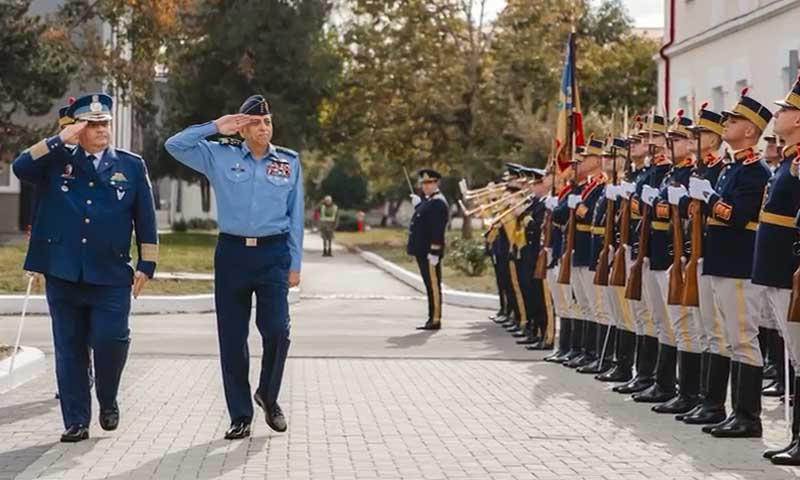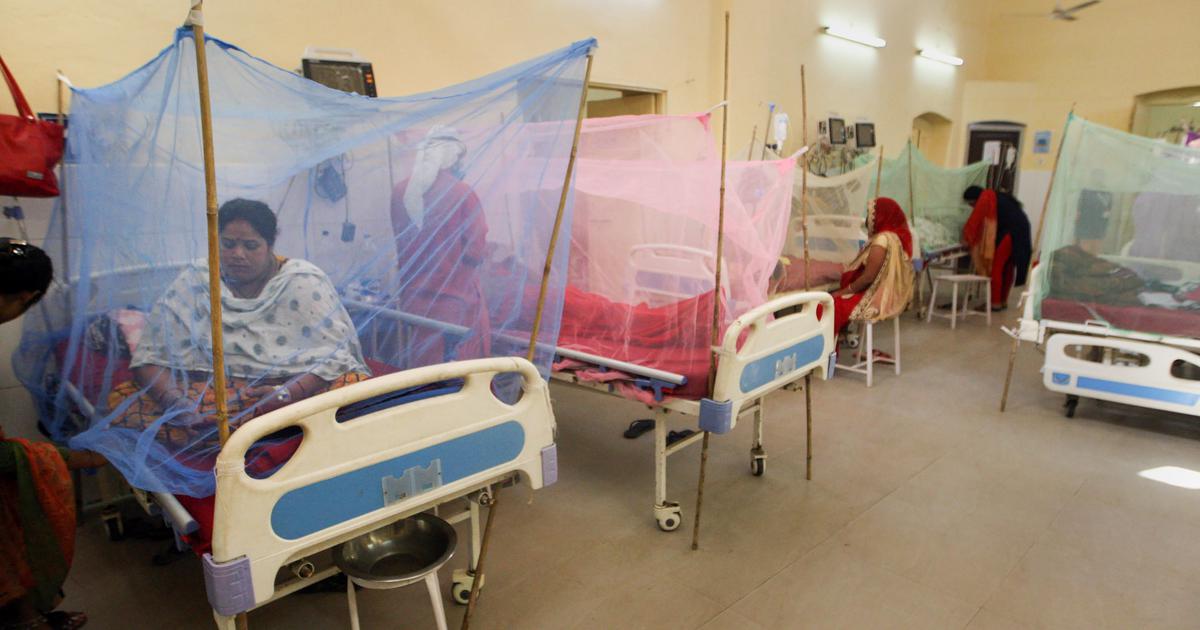German President dissolves parliament, snap elections set for February 23

German President Frank-Walter Steinmeier has dissolved the Bundestag, the country’s lower house of parliament, paving the way for snap elections on February 23, 2025. The move comes in the wake of Chancellor Olaf Scholz’s three-way coalition collapsing earlier this month, triggering a political crisis in Europe’s largest economy.
The breakdown of Scholz’s government followed the departure of the Free Democrats (FDP), led by Finance Minister Christian Lindner, who pulled out of the coalition citing irreconcilable policy differences. The chancellor subsequently lost a parliamentary confidence vote, leaving his Social Democrats (SPD) without a governing majority.
The upcoming elections mark a critical juncture for Germany, with the center-right Christian Democratic Union (CDU), led by Friedrich Merz, positioned as the frontrunner. Recent polls show the CDU with a commanding lead of over 10 percentage points ahead of the SPD. The far-right Alternative for Germany (AfD) has surged to second place, narrowly ahead of Scholz’s party, while the Greens are trailing in fourth.
Merz, who has been critical of Scholz’s administration, accused the outgoing government of “overregulating” the economy and stifling growth. “GermanGerm needs a fresh start,” Merz said at a campaign event in Berlin on Friday. “We must focus on unleashing the potential of our businesses and reducing bureaucratic hurdles.”
The rise of the AfD, which has gained traction in economically struggling regions, further complicates the political landscape. While mainstream parties have ruled out any cooperation with the far-right party, its significant presence in parliament could make forming a stable coalition challenging.
Experts predict that post-election negotiations could be prolonged, with potential coalition scenarios including another SPD-Green-FDP alliance, albeit on weaker terms, or a grand coalition between the CDU and SPD.
The election campaign is expected to focus on economic issues, climate policies, and immigration, with parties vying to address growing voter discontent amid slowing economic growth and high inflation.
Germany’s next government will face the pressing task of stabilizing Europe’s largest economy and navigating an increasingly fragmented political environment. As the campaign gains momentum, all eyes will be on February 23, when Germans head to the polls to decide their country’s future.

Pakistan Navy Seizes $972M Drugs in Major Operation
10 hours ago

United States Imposed New Sanctions on Russia, Says Trump
The United States has imposed new sanctions on Russia to pressure President Vladimir Putin to end the war in Ukraine.…
Israel Passes Bill to Annex Occupied West Bank Territory
The Israeli parliament has given initial approval to a controversial and illegal bill to annex the occupied West Bank. This…
PAF Chief Visits Romania to Boost Defence Ties
Rawalpindi: During an official visit to Romania, Air Chief Marshal Zaheer Ahmed Baber Sidhu, Chief of the Air Staff of…
“Iran Is the True Face of Terrorism, But the Door to Friendship Remains Open”
Washington — The White House has strongly reacted to remarks made by Iran’s Supreme Leader Ayatollah Ali Khamenei, who recently…

Rapid increase in HIV cases among children in Nawabshah
A serious health concern has come to light in Sindh, as officials have reported a rapid increase in HIV cases…
Dengue and Malaria Cases Continue to Rise in Interior Sindh
Dengue and malaria continue to spread rapidly across Hyderabad and several districts of interior Sindh, as hospitals remain flooded with…
An incident of violence against polio workers in Karachi
An incident of violence against polio workers in Karachi took place in FB Area Block 14, Goharabad. A team giving…
258 Prisoners in Balochistan Jails Suffer from TB, AIDS, and Hepatitis
A recent health report has revealed that 258 prisoners in Balochistan jails are suffering from TB, AIDS, and Hepatitis. These…

United States Imposed New Sanctions on Russia, Says Trump
The United States has imposed new sanctions on Russia to…6 hours ago
Maryam Nawaz Launches Free Flight Card for Skilled Youth
The Punjab government has taken an important step to boost…7 hours ago
Israel Passes Bill to Annex Occupied West Bank Territory
The Israeli parliament has given initial approval to a controversial…9 hours ago
Ex-Ministers in KP Still Hold Onto Government Vehicles
Many official vehicles are still in the possession of former…9 hours ago
















